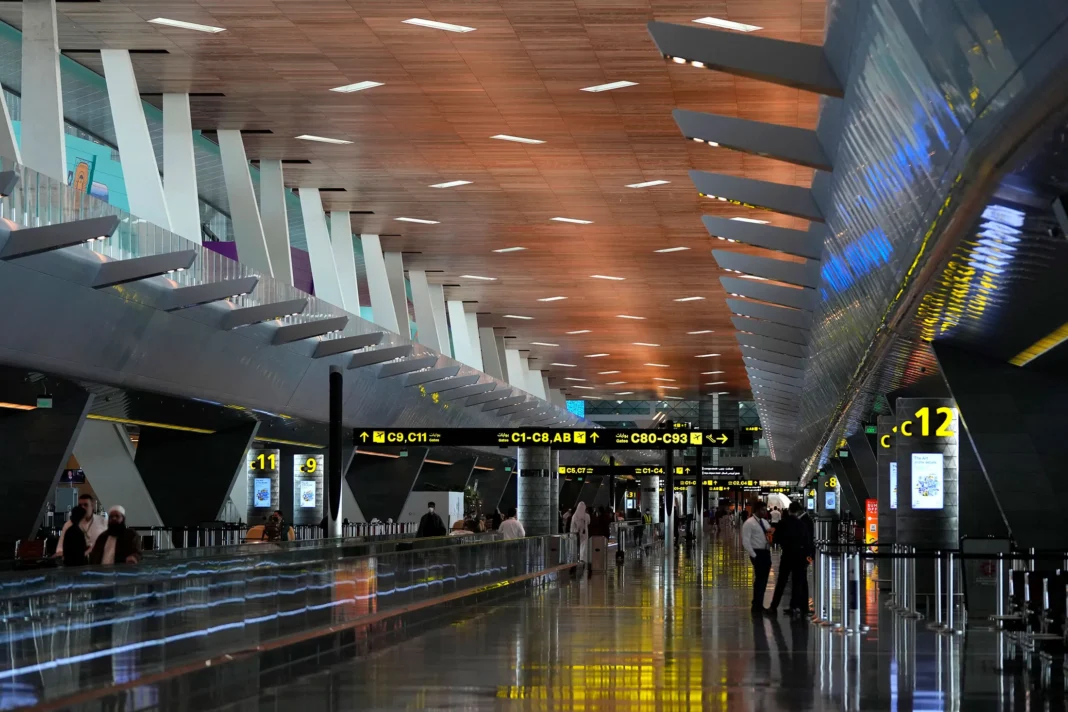Gulf airspace reopened after a sudden closure caused by Iran’s missile strike on a US military base in Doha. The strike led to a chain reaction across regional airspace, halting flights in Qatar, Kuwait, and Bahrain for several hours.
Notably, the Gulf airspace reopened late on June 23, allowing resumed flight operations in Doha, Kuwait City, and Manama. Airlines worked quickly to manage the backlog caused by hundreds of delays and cancellations.
In Qatar, Hamad International Airport suspended operations, with more than 200 flights affected. Departures and arrivals were placed on hold as a safety precaution. Airports in Bahrain and Kuwait followed, halting 150 and 100 flights respectively.
While the UAE and Saudi Arabia did not announce official closures, flights in and out of major hubs in Dubai, Abu Dhabi, Riyadh, and Jeddah experienced significant rerouting. Many aircraft returned to their departure points or landed at alternate destinations.
Pakistan International Airlines suspended several services to the Gulf. Flights from Karachi, Lahore, and Islamabad were delayed or diverted. Turkish Airlines canceled flights to Bahrain, Muscat, and Doha. Egypt halted Gulf-bound operations entirely.
Although Gulf airspace reopened, the impact on passengers was immediate. Travelers faced long waits, last-minute changes, and missed connections. Airports deployed extra staff to manage the rush once flights resumed.
Airlines including British Airways, United Airlines, and Air France paused Gulf-bound routes amid safety concerns. Travel agencies also reported a spike in cancellations and rescheduling requests from cautious passengers.
Governments across the Gulf are reviewing airspace protocols to avoid future mass disruptions and delays. Regional cooperation will be key in mitigating risks tied to escalating geopolitical tensions, ensuring passenger safety, and operational continuity.
In conclusion, the reopening of Gulf skies restores regional travel links, but uncertainty remains. Travelers are advised to monitor developments and confirm bookings directly with airlines.





